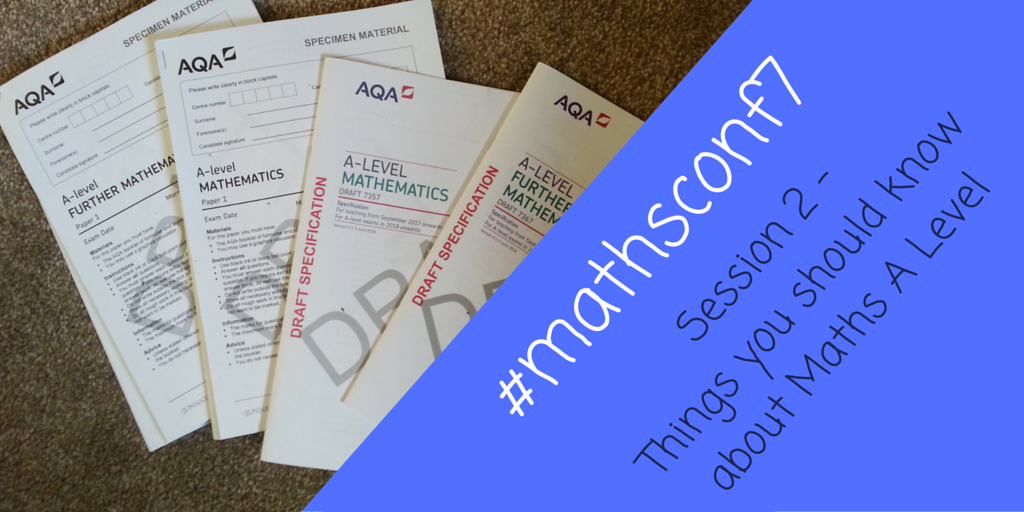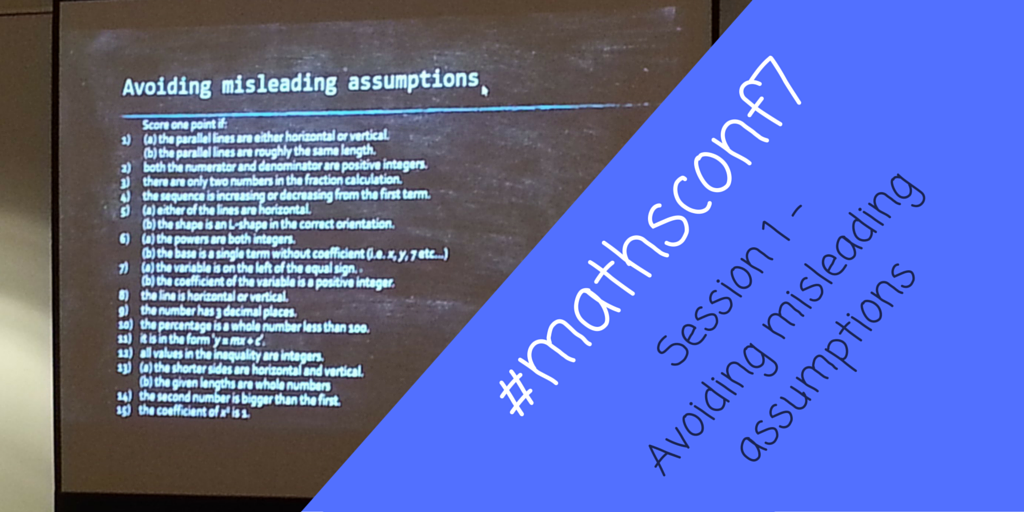The session looked at many more than the titular 10 issues, and provided a lot of food for thought - I'm looking forward to teaching the new A Level, but it will be hard to mentally move away from the modular system.
Teaching and examining using the "large data set"
Many of the Statistics questions will now be based on a "large data set"; AQA have chosen Family Food, which is published by the Office for National Statistics every December. Christine clarified that this selection would not change through the lifetime of the specification, but that the updated version would be used every year, and examination questions would be set using the most recent set of data; I took this to mean that exams in summer 2018 would use data published at the end of 2016. Christine also highlighted that teaching using the data set would not be compulsory, but that familiarity with the scenarios and language used would be advantageous in an exam situation (see example below: Paper 2, Q14 from the AS Level papers, available here). This approach would certainly make the teaching of statistics more coherent, and give lots of time for real in-depth analysis of one problem, as opposed to skimming over the surface of many different scenarios. Gary highlighted the opportunities to investigate these data further using technology such as Excel and MatLab.


 RSS Feed
RSS Feed
